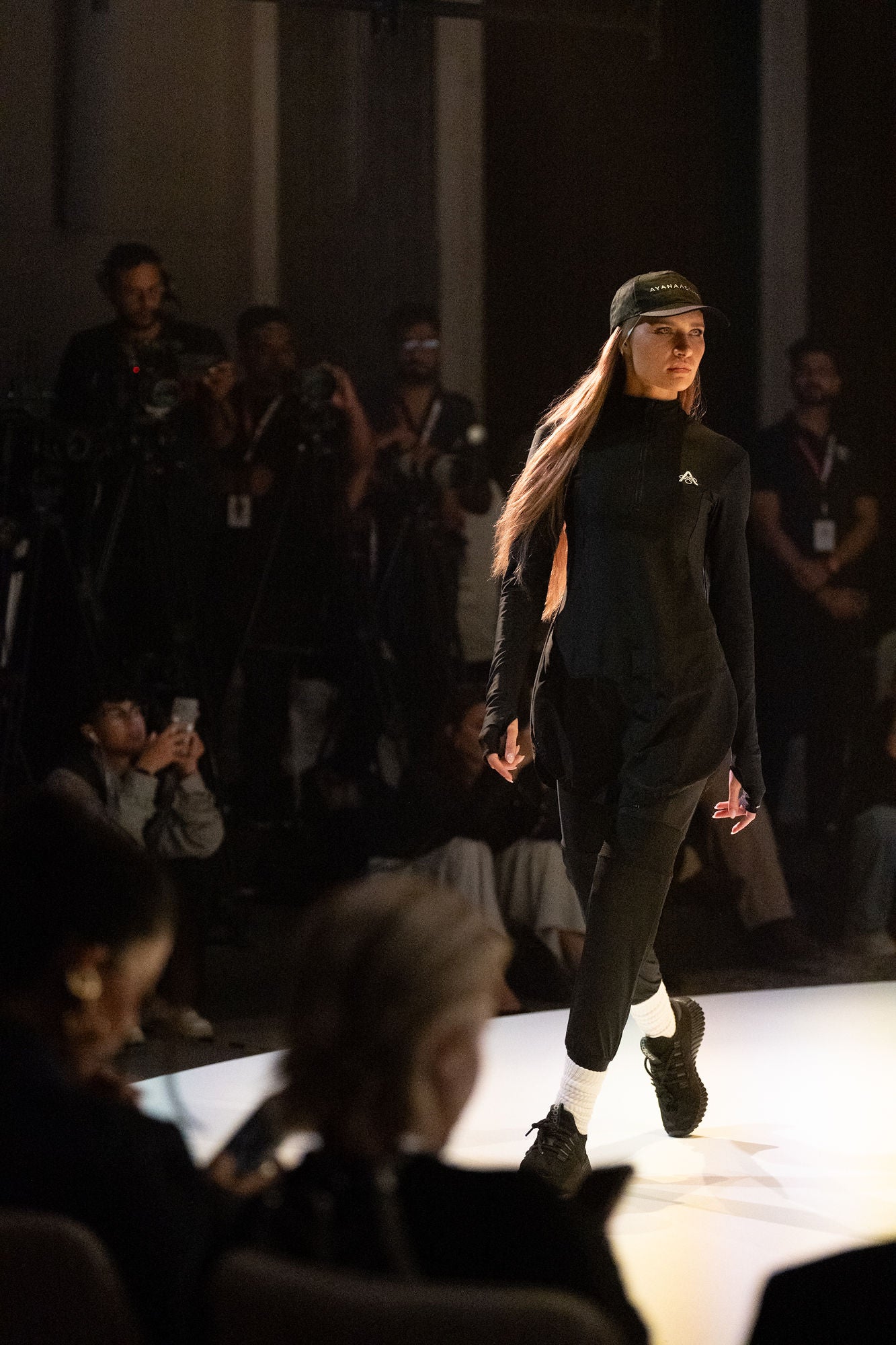France's Hijab Ban and its Impact on Olympic Athletes
France's ban on hijabs and other religious symbols in public spaces has sparked widespread debate regarding its implications for ethics and inclusion, particularly for athletes participating in the Olympics. The ban, rooted in France's staunch secularism and principles of laïcité, aims to maintain neutrality in the public sphere but has been criticized for infringing upon religious freedom and perpetuating exclusion.
In France, hijab-wearing female athletes have been banned from practicing or participating in team sports. This extends to the 2024 Paris Olympics. Ironically, while French athletes will not be able to wear a hijab in their own country, International Olympic Committee rules will allow women from other countries to compete in hijabs.

The Olympic games celebrate diversity and inclusivity, bringing nations together to compete for a love of sport. The ban challenges the Olympic values of respect, solidarity, and fair play by potentially excluding athletes based on their religious attire. Inclusion in sports should prioritize athletes' abilities and sportsmanship rather than their adherence to particular dress codes.
From an ethical standpoint, the ban raises questions about the balance between individual rights and societal norms. Advocates argue that secularism protects freedom from religious coercion and promotes equality among citizens. Opponents view it as a form of intolerance that marginalizes Muslim women who choose to wear the hijab as an expression of faith and identity.
Ultimately, the impact of France's hijab ban on Olympians is not just about adherence to rules but about upholding principles of ethics and inclusion that transcend national boundaries and ideologies.
Stay tuned for more exciting updates from Ayana Active as we continue to redefine the boundaries of fashion, sustainability, and empowerment. Follow us on Instagram @ayanaactive.




1 comment
Thank you for speaking up about this! 🙌🏼